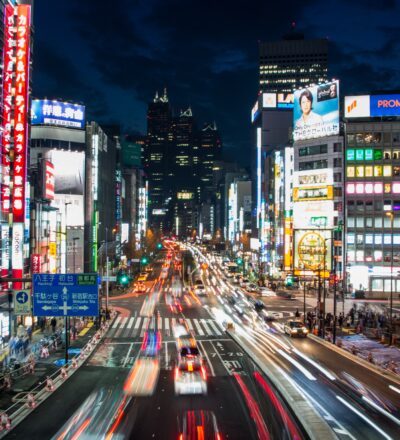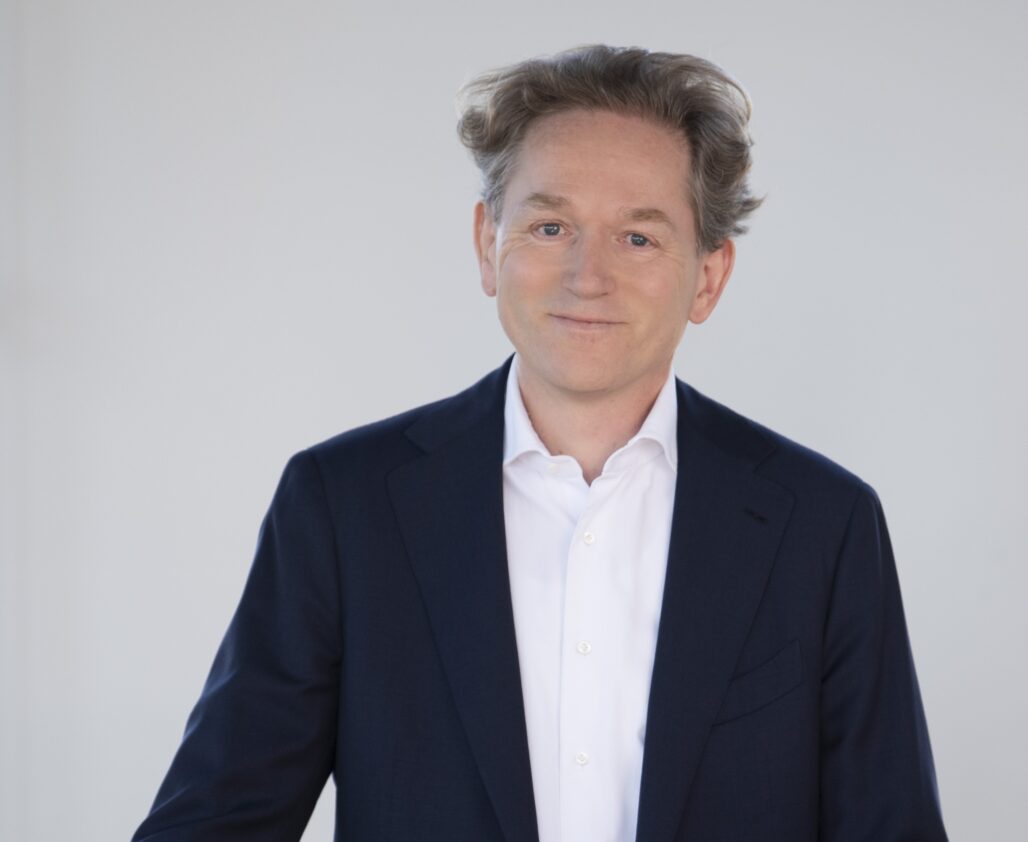In the week of September 23, Andreas ten Cate joined the hydrogen innovation mission to Japan for our Hydrohub Innovation Program. With nearly 50 participants, this was one of the largest missions of its kind. Japan has a reputation for the development and application of hydrogen. After the government in Japan announced that the 2020 Olympic Games are focused on hydrogen, it was time to take a closer look. He went to Japan to learn where they stand when it comes to current developments on hydrogen in the energy transition. And of course to get to know the members of the Dutch delegation a little better.
Hydrogen Energy Ministerial Meeting
An important reason for the mission to Japan was the second Hydrogen Energy Ministerial Meeting – a meeting with ministerial delegations where developments on hydrogen around the world were shared, and sessions were organized on applications in for example mobility and industry. During this meeting Noé van Hulst, Hydrogen Envoy and representative on behalf of the Netherlands, signed a cooperation agreement with Japan. One of the outcomes of these agreements is the proposal to organize HEMM in the Netherlands in 2020.
Face to face with liquid hydrogen
Andreas: “Next to the ministerial meeting, the Dutch embassy prepared a full program for the group. This included visits to various projects, companies and intensive knowledge exchange moments. At the beginning of the week the program built up quietly, to accommodate our jet lag. A visit to a hydrogen gas station in the middle of Tokyo was very impressive. Through a door we were led to the ‘back’ of the station where we were immediately face-to-face with a 6 meter tall liquid hydrogen tank at -253 ⁰C. After this cold confrontation we were warmly welcomed at the embassy and met other guests from the business and government of Japan, active in the field of hydrogen.”
Hydrogen infrastructure
During the week, the program became more intense, with the group sometimes splitting up to serve different interests. Together with Marcel Galjé from Nouryon and Frans Hack from REDStack, I participated in a knowledge exchange session with Japanese industry, where we shared our innovations and upscaling plans for green hydrogen electrolysis and learned about the plans of Tokyo Gas for the development of hydrogen infrastructure and of the initiative on green ammonia as an energy carrier for import from Australia. Later in the week we visited Mitsubishi Heavy Power Industries, which produces large gas turbines for the electricity sector and which can now also operate on fuel mixtures with up to 80% hydrogen. We also visited the demonstration import terminal for liquid hydrogen from Kawasaki in Kobé. Here we learned that the first boat between Australia and Japan with liquid hydrogen will sail in the coming years. Initially this will be gray hydrogen that will turn blue and possibly also green in the course of time.
Learnings
In Japan we have learned that hydrogen is in fact one of the new energy imports. With limited national renewable or other energy sources, Japan is highly dependent on imports and for this they want to make sustainable new sources accessible and fit them in, in particular, in the energy sector, mobility and the built environment.
We had an excellent time with the Dutch delegation. We were guided by Rob Stroeks and Eric van Kooij with support from Alexandra Dousi – de Vogel, Chantal Mas and Claire Hooft Graafland from the Dutch Embassy. Jörg Gigler was promoted to Mission Leader and this week he did an excellent job by introducing the delegation at every meeting and putting the members of the mission front and center, making the breadth of the Dutch delegation clearly visible and impressing Japanese organizations that we visited.
All in all, it was a very successful and inspiring journey that motivated me even more to run even faster in our own developments in order to make the hydrogen economy a reality as a front runner in the world.
About Andreas ten Cate
Andreas had extensive knowledge on everything sustainable industry-related: from heat, to water to green energy – he has worked on almost every front. He has a PhD in Chemical Engineering and a background in process- and operational improvement of chemicals – like steel and aluminium. But above all, he’s curious by heart.
Acknowledgement
This project is co-funded with subsidy from the Topsector Energie by the Ministry of Economic Affairs and Climate Policy.

